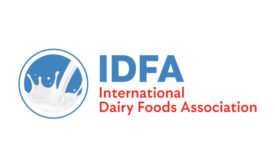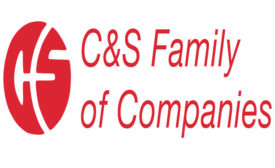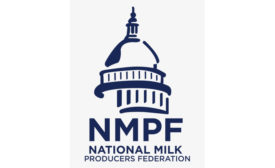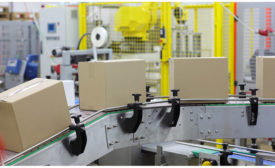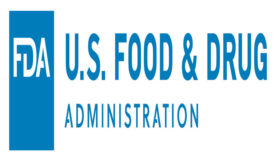Operations
Dairy processors honored for outstanding achievements in worker safety.
Read More
IDFA addresses dairy cyber attacks
Cyber crimes against food companies have risen significantly in recent years as criminals develop more advanced methods of infiltrating information systems and manufacturing software.
September 12, 2023
C&S acquires QFC, Mariano’s and Carrs brands
C&S will also add five private labels to its current brand portfolio.
September 8, 2023
IDFA joins Food and Agriculture Climate Alliance
The organizations have come together to develop and advance shared climate priorities.
September 7, 2023
NMPF announces staff reorganization
NMPF named three executive vice presidents – Paul Bleiberg, Shawna Morris and Alan Bjerga – as part of the reorganization.
September 7, 2023
Episode 31 — The future of automation and AI in dairy
Cimcorp’s Adam Gurga joins “Let’s Talk Dairy” podcast.
September 1, 2023
Standards for robot-based automation systems
Sanitary design book provides criteria for handling robotics in dairy plants.
August 30, 2023
Secondary packaging becomes a more dynamic dairy processing component
Upgrades are keeping pace with the greater sector demand for eco-friendly designs with added product safeguards.
August 24, 2023
FDA names first Deputy Commissioner for Human Foods
Program areas would include food safety, chemical safety and innovative food products, including those from new agricultural technologies, that will bolster the resilience of the U.S. food supply in the face of climate change and globalization.
August 23, 2023
Episode 30 — MADCAP regional director discusses dairy logistics
Tomas Vera talks about how technology impacts dairy processors, including AI.
August 2, 2023
Get our new eMagazine delivered to your inbox every month.
Stay in the know on the latest dairy industry trends.
SUBSCRIBE TODAYCopyright ©2024. All Rights Reserved BNP Media.
Design, CMS, Hosting & Web Development :: ePublishing


